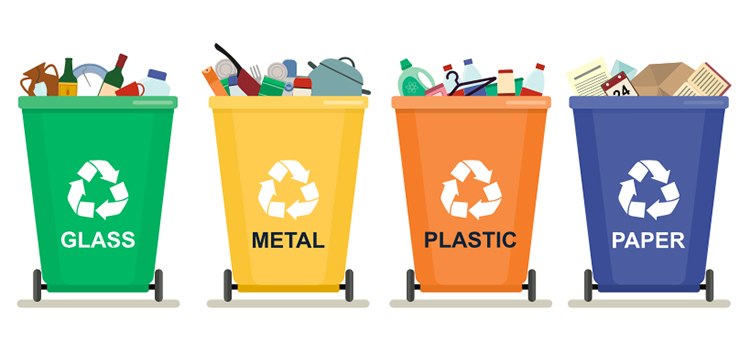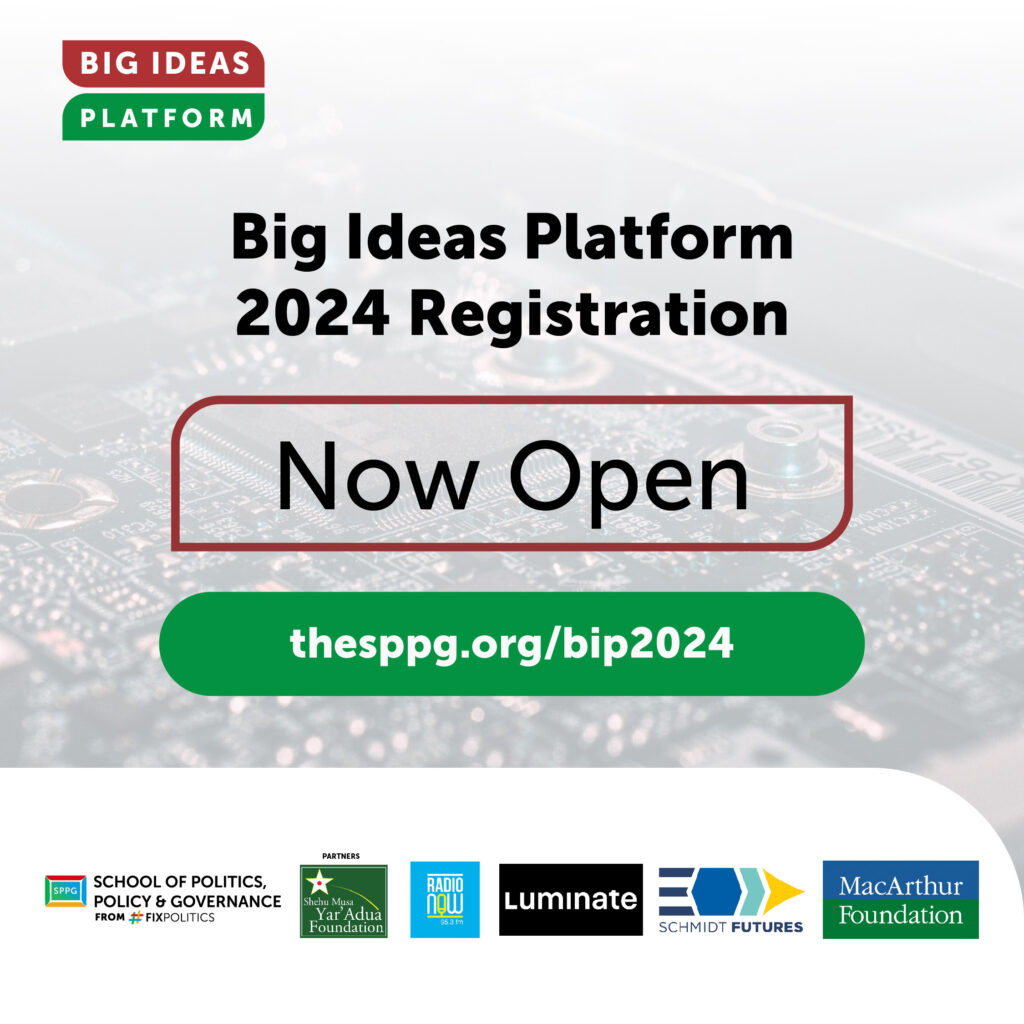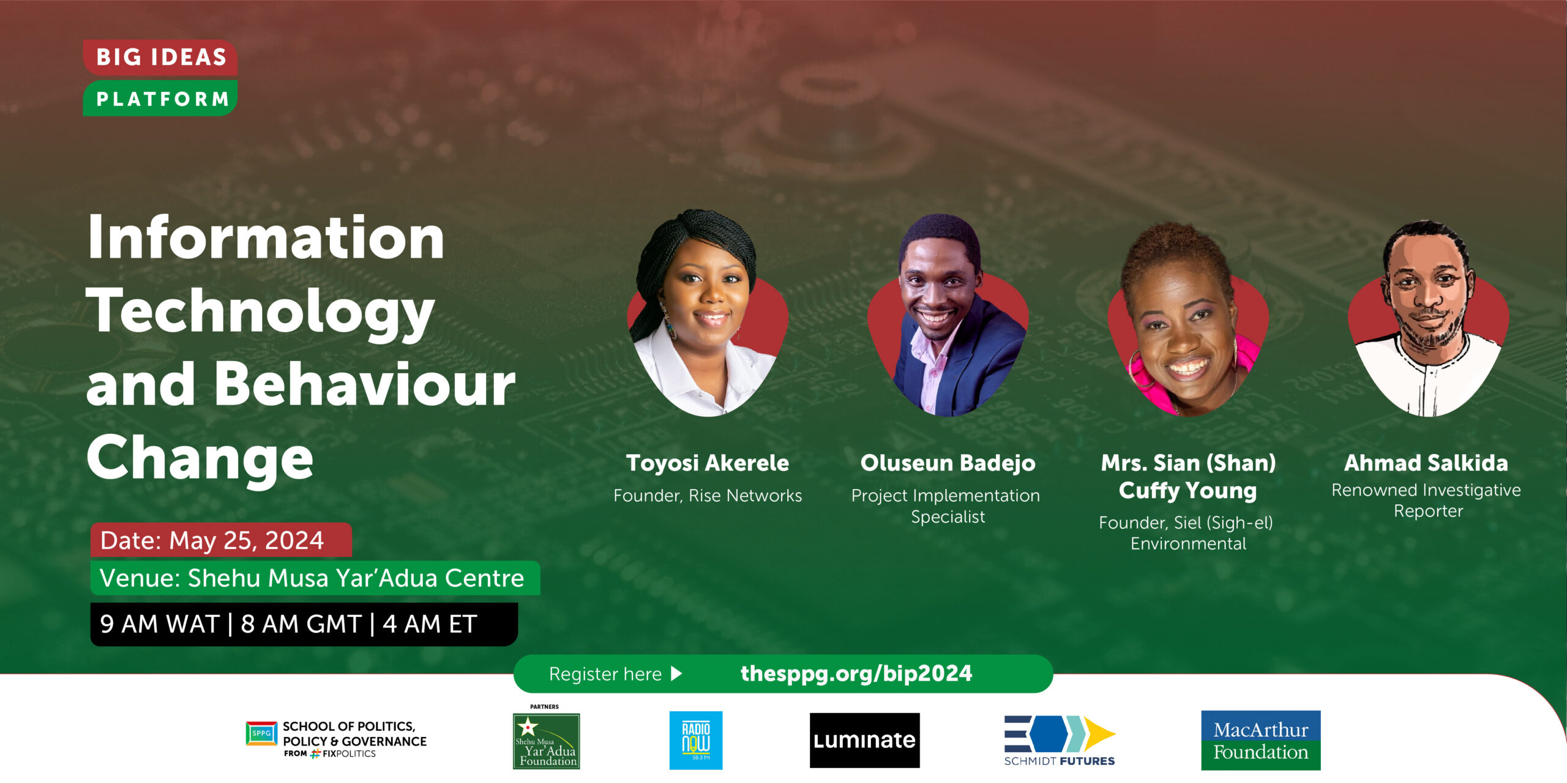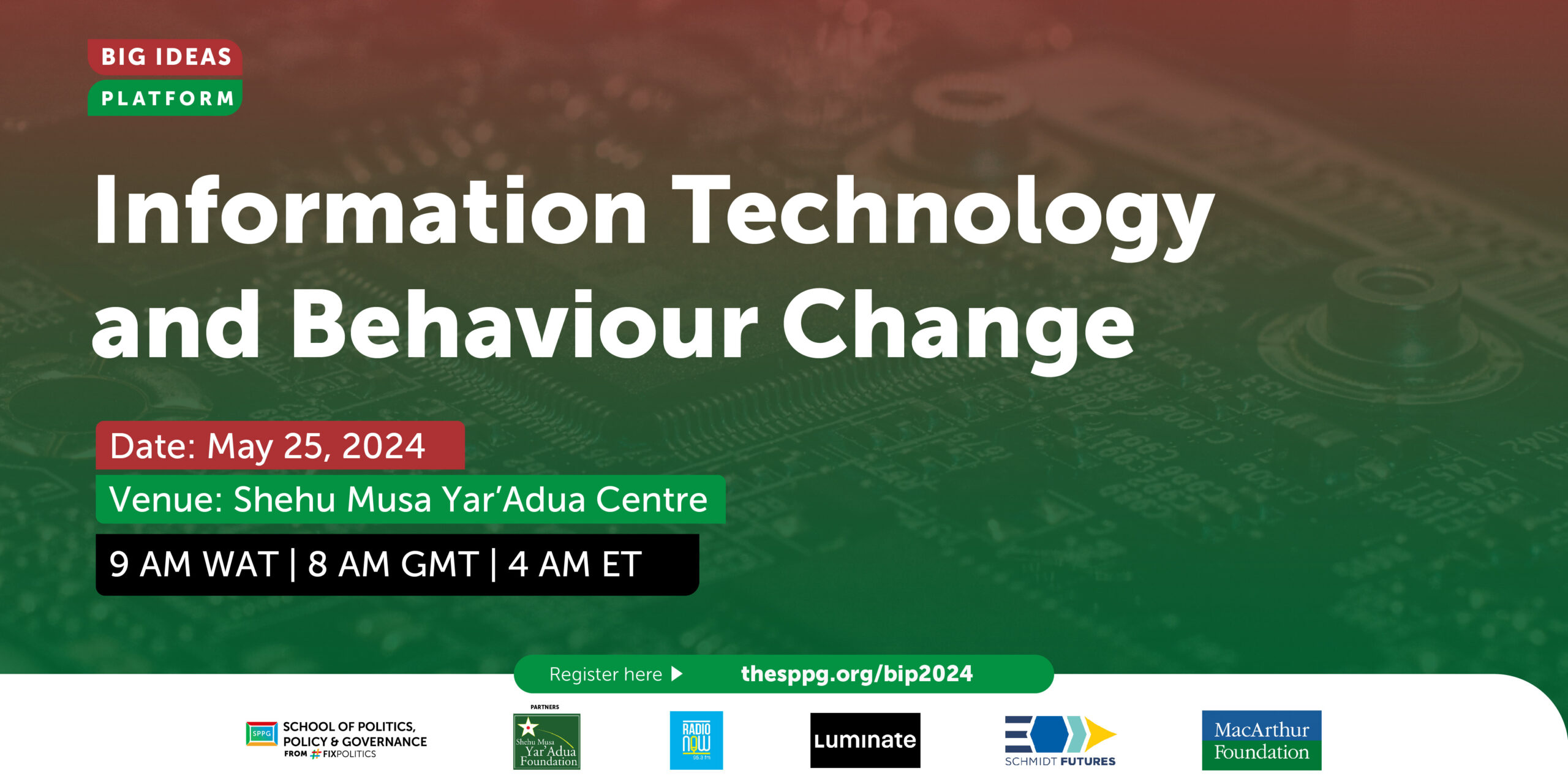The Use of Virtual Reality In Addressing Challenges - #BigIdeasPlatform2024isHere
With the rapid technological advancements in recent decades, Virtual Reality (VR) has been increasingly adopted as a transformative technology with the potential to address various challenges across diverse fields. Virtual reality (VR) can be defined as an environment-building technology that enables participants to immerse themselves in their surroundings and interact with the elements. However, a broader definition of VR also includes non-immersive and semi-immersive virtual environments, such as desktop VR. This technology has gained popularity, with the market size projected to reach $62.1 billion by 2027. Previously, its use was mainly associated with entertainment and gaming, but the technology has also seen immense success in health care for training in complex procedures such as surgery, in the mining industry to simulate emergency situations, and in the automotive industry to improve driving and reduce accidents. The use of VR for training has seen immense growth because it provides an interactive learning environment that is both engaging and fun. For most people, it is something they do not use at home, so the experience is a major boon for the engagement of a workforce that would have previously experienced many different, conventional training programs.
One significant application of VR is in the fields of healthcare and education where the technology has transformed learning methods by providing immersive and interactive experiences. In the healthcare field, surgical simulators are used to enable trainee surgeons to practice procedures in a realistic virtual environment, reducing the learning curve and enhancing patient safety. VR experiences have been utilized to alleviate pain and discomfort during medical procedures, enhancing patient comfort and reducing reliance on traditional analgesics. In the field of education, VR simulators have been used to explore pivotal moments in history which enhances student engagement and retention. VR-based language learning applications also facilitate language acquisition through immersive cultural experiences and interactive exercises.
These diverse virtual training offer many advantages over traditional learning, which, even with engaging presenters, tends to rely on PowerPoint presentations that can be unappealing and reduce engagement. With a training program enhanced by VR, there is less training material required and the trainer’s time is reduced, making VR training convenient and easy to provide multiple times. Simulations in VR allow for mistakes to be made without experiencing the consequences, providing opportunities to try different ways of working and explore improvements, especially in activities that relate to emergency situations. For sequential activities, the repetition of the tasks in VR provides a safe environment to practice, increasing information retention and instilling confidence in the trainee to carry out the task in the real world. VR training is proving to be very cost-effective, as it brings the site to the trainee, eliminating the cost challenges that come with travel.
While the benefits and advantages of deploying this technology in enhancing training programs within different fields, there are certain ethical concerns that need to be addressed to fully maximise its effectiveness. The ethical concerns associated with VR technology are multi-faceted. One concern is addiction, where users may become excessively absorbed in virtual environments, which is detrimental to mental health. There is also a fear that virtual crime could escalate and become more prevalent in society, leading to confusion about what constitutes a real-world crime versus a virtual one. Another concern is the use of VR technology in various industries, such as military and defence, healthcare, and entertainment. The ethical implications of using VR in these industries are varied, ranging from the potential for creating more realistic and practical training scenarios to the possibility of exploiting vulnerable populations or exposing sensitive information. Additionally, there are privacy concerns surrounding VR technology. As users enter virtual environments, data is collected and stored on their actions, preferences, and behaviours. This personal data may be used to manipulate users and influence their actions, as seen in targeted advertising.
Despite these concerns, the future of VR appears promising, with ongoing advancements in hardware, software, and content development. These opportunities form the basis of the discussions that we will be having at the Big Idea Platform 2024.
In 2023, The School of Politics, Policy & Governance (SPPG) partnered with the Shehu Musa Yar’Adua Foundation to launch the inaugural Big Ideas Platform, centered around "Reawakening the African Renaissance: Pathways to Inclusive Growth and Development." Five innovative African leaders shared groundbreaking ideas aimed at improving African communities' quality of life. This year , The School of Politics, Policy & Governance (SPPG) is excited to announce Big Ideas Platform 2024, in collaboration with the Shehu Musa Yar’Adua Foundation, on May 25th, 2024. This year's theme, "Information Technology and Behaviour Change," will convene intellectuals, policymakers, technocrats, and changemakers to discuss transformative ideas and solutions for Africa's inclusive prosperity and sustainable development.
The event is open to the public, and registration is free. It will be a great opportunity to learn from thought leaders and professionals about how Virtual Reality can be harnessed not only to across diverse industries but also to improve Africa's economy and enhance its development.
Date: May 25, 2024 (Africa Day)
Time: 9:00 AM – 12 PM WAT (GMT+1)
Venue: Shehu Musa Yar'Adua Center, Abuja/ Zoom
Click Here to register for #BIP2024 and stay up to date with event updates.
Join us, let's co-create the Africa we need.
Unveiling the Impact of Blockchain Technology on the Educational System: #BigIdeasPlatform2024IsHere
Blockchain is a revolutionary technology that has the potential to revolutionise various industries, including finance, supply chain management, healthcare, and education. Its decentralised, secure, and transparent nature makes it ideal for use in industries where trust, security, and efficiency are of paramount importance. The integration of blockchain technology into the education system has the potential to greatly improve the efficiency, security, and credibility of the educational process. By creating secure and transparent platforms for tracking and verifying students’ academic achievements, blockchain technology can help to create a more accessible and trustworthy education system, making it easier for students to showcase their skills and knowledge to potential employers.
One of the primary benefits of blockchain in education is the creation of a tamper-proof and secure digital transcript. This transcript can store a student’s academic history, including grades, certifications, and other achievements, in a decentralised and secure manner. This can eliminate the need for traditional paper-based transcripts, which can be easily lost, damaged, or tampered with. Another potential benefit of blockchain in education is the creation of a centralised platform for the issuance and verification of digital credentials. This can greatly simplify the process of obtaining and verifying academic credentials, as it eliminates the need for intermediaries to validate them. Additionally, the secure and transparent nature of blockchain can help to prevent fraud, as it provides a reliable and tamper-proof record of a student’s achievements.
Another area where blockchain can have a significant impact is in the area of online education. By incorporating blockchain technology into online learning platforms, educators can create secure and trustworthy systems for delivering and tracking online courses and certifications. This can help to improve the credibility and recognition of online education, making it a more attractive option for students and employers alike. Starting with the general idea, blockchain is a revolutionary technology with the potential to revolutionise various industries, including education. By creating secure and transparent platforms for tracking and verifying students’ academic achievements, blockchain technology can help to create a more accessible and trustworthy education system, making it easier for students to showcase their skills and knowledge to potential employers.
One of the primary challenges hindering the widespread adoption of blockchain in education is the perceived technological complexity. Implementing blockchain-based solutions requires expertise in distributed systems, cryptography, and smart contract development, which may be beyond the capabilities of many educational institutions. Additionally, the regulatory and legal landscape surrounding blockchain technology is still evolving, posing uncertainties and compliance challenges for educational stakeholders. Concerns related to data privacy, intellectual property rights, and jurisdictional issues need to be addressed to ensure the lawful and ethical use of blockchain in education.
Despite these challenges, the integration of blockchain technology holds immense promise for transforming the educational system into a more transparent, secure, and efficient ecosystem. The potential of incorporating this technology into the educational sector in Africa forms the basis of the discussions that we will be having at the Big Idea Platform 2024.
In 2023, The School of Politics, Policy & Governance (SPPG) partnered with the Shehu Musa Yar’Adua Foundation to launch the inaugural Big Ideas Platform, centred around "Reawakening the African Renaissance: Pathways to Inclusive Growth and Development." Five innovative African leaders shared groundbreaking ideas aimed at improving African communities' quality of life. This year , The School of Politics, Policy & Governance (SPPG) is excited to announce Big Ideas Platform 2024, in collaboration with the Shehu Musa Yar’Adua Foundation, on May 25th, 2024. This year's theme, "Information Technology and Behaviour Change," will convene intellectuals, policymakers, technocrats, and changemakers to discuss transformative ideas and solutions for Africa's inclusive prosperity and sustainable development.
The event is open to the public, and registration is free. It will be a great opportunity to learn from thought leaders and professionals about the Use of Blockchain Technology In The Educational System.
Date: May 25, 2024 (Africa Day)
Time: 9:00 AM – 12 PM WAT (GMT+1)
Venue: Shehu Musa Yar'Adua Center, Abuja/ Zoom
Click Here to register for #BIP2024 and stay up to date with event updates.
The Use of Learning tools to Build awareness of Waste Management: #BigIdeasPlatform2024isHere
Solid Waste Management is a multifaceted problem comprising political, socioeconomic, institutional, and environmental aspects. Due to exponential urban growth, it has become one of the most significant issues faced by urban spaces in developing countries. The gap in environmental knowledge among the youth and the old within developing countries contributes to ecological issues or waste management problems, resulting in unsustainable development, with important consequences in low-income countries. Most of the low/middle-income countries are unable to provide effective waste management collection services because of resource constraints, lack of facilities including vehicles, and infrastructure, improper route planning, lack of technical know-how, and inadequate environmental education and awareness. To sustain SW or environmental issues in developing countries, formal education for sustainable development is essential at all levels of education, able to trigger a whole societal transformation. For better environmental sustainability or waste management sustainability education, teachers with the right knowledge, attitude, skills, and innovation, are required.
Awareness plays a pivotal role in shaping individual behaviours and attitudes towards waste management. Lack of awareness often leads to improper disposal practices such as littering, illegal dumping, and indiscriminate waste disposal, exacerbating environmental degradation and pollution. Educating the public about the environmental consequences of improper waste disposal and the benefits of adopting sustainable practices is crucial for fostering responsible behaviour and promoting a culture of waste reduction and recycling. Learning tools, including educational programs, digital applications, and interactive platforms, offer effective means of disseminating information and engaging individuals in waste management initiatives. Educational programs conducted in schools, communities, and workplaces provide structured learning experiences that raise awareness and promote sustainable waste practices among participants. Digital applications and online platforms offer interactive tools and resources, allowing users to access information, track their waste footprint, and participate in recycling programs conveniently.
The search for improved environmental quality has driven several governments in developing nations to adopt the use of Environmental Education in improving the attitude and behaviour of its citizenry towards waste management. One could ask what is the behaviour of undergraduate students towards waste management in Nigeria. Waste management behaviours are all attitude, disposition and perception towards properly disposing of waste in any environment one finds himself. Waste management behaviour includes open dumping, careless attitude towards properly disposing of institutional waste like food wrappers, torn books or papers, hotel food remains, vegetable remains etc. A degraded environment can only offer a degraded quality of life. If we really desire to sustain and improve upon the present quality of life, then it is the collective responsibility of every living human being to secure the quality of the environment.
It has been repeatedly emphasized that there is an irrepressible need for entrenching Environmental Education as a leading approach to solving environmental problems and creating a sustainable society. The poor as well as the affluent are equally vulnerable to environmental damage. The poor and poverty-stricken people, wherever they may live, are generally preoccupied with the issue of physical survival. They lack money, skills and knowledge and therefore oftentimes, tend to over-utilise local resources beyond sustainable levels. They, therefore, need to be empowered to be able to control their resources and therefore their lives according to the tenets of a sustainable, safe and clean environment for healthy living in society.
The implementation of these learning tools to facilitate Environmental Education faces several challenges, including limited access to technology and cultural differences. Additionally, sustaining public interest and engagement in long-term waste management initiatives requires continuous efforts and resources. These implementation methods and challenges form the basis of the discussions that we will be having at the Big Idea Platform 2024.
In 2023, The School of Politics, Policy & Governance (SPPG) partnered with the Shehu Musa Yar’Adua Foundation to launch the inaugural Big Ideas Platform, centered around "Reawakening the African Renaissance: Pathways to Inclusive Growth and Development." Five innovative African leaders shared groundbreaking ideas aimed at improving African communities' quality of life. This year , The School of Politics, Policy & Governance (SPPG) is pleased to announce Big Ideas Platform 2024, in collaboration with the Shehu Musa Yar’Adua Foundation, on May 25th, 2024. This year's theme, "Information Technology and Behaviour Change," will convene intellectuals, policymakers, technocrats, and changemakers to discuss transformative ideas and solutions for Africa's inclusive prosperity and sustainable development.
The event is open to the public, and registration is free. It will be a great opportunity to learn from thought leaders and professionals about how we can Use of Learning tools to Build awareness of Waste Management.
Date: May 25, 2024 (Africa Day)
Time: 9:00 AM – 12 PM WAT (GMT+1)
Venue: Shehu Musa Yar'Adua Center, Abuja/ Zoom
Click Here to register for #BIP2024 and stay up to date with event updates.
About the Big Ideas Platform: The Big Ideas Platform is a thought leadership initiative developed by the School of Politics, Policy, and Governance. With a focus on empowering African innovators and amplifying their voices, this platform aims to promote dialogue, collaboration, and action to address the pressing challenges faced by African communities. By highlighting transformative ideas, the Big Ideas Platform strives to facilitate inclusive growth, development, and the realization of the African Renaissance.
Big Ideas Platform 2024 to Spotlight Bold Ideas in Information Technology and Behaviour Change for Africa's Development
[Abuja – April 22, 2024] – The School of Politics, Policy & Governance (SPPG) in partnership with Shehu Musa Yar’Adua Foundation debuted the first edition of Big Ideas Platform in 2023 under the broad theme of "Reawakening the African Renaissance: Pathways to Inclusive Growth and Development". Five dynamic citizens of Africa whose ideas illuminated bold solutions that can enhance the quality of life in African communities shared a platform to tell a diverse audience the story of their big idea.
This year, we are pleased to announce Big Ideas Platform 2024 in collaboration with the Shehu Musa Yar’Adua Foundation. This thought leadership initiative, taking place on May 25th, 2024, will explore the theme "Information Technology and Behaviour Change".
The event will gather leading intellectuals, policymakers, technocrats, and changemakers to engage in stimulating discussions and showcase bold ideas and disruptive solutions that can propel Africa toward a future of inclusive prosperity and sustainable development.
The Big Ideas Platform is an intellectual convergence of concepts, a marketplace of ideas, where exceptional African minds convene to engage in robust conversations. The platform will facilitate the sharing, generation, and collaboration of fresh ideas, innovative solutions, and implementation strategies to address Africa’s plethora of challenges.
Speaking at the event, Alero Ayida-Otobo, the CEO of SPPG, said, “The Big Ideas Platform is a thought leadership initiative that serves as a platform for launching new thinking, spotlighting visionary individuals, and illuminating bold ideas that have the potential to improve the lives of African communities.”
According to her, the Big Ideas Platform will serve as a catalyst for change, fostering a community of forward-thinking individuals committed to translating ideas into impactful actions that shape the continent’s future.
The Big Ideas Platform 2024 focuses on the crucial role of information technology and behaviour change in propelling Africa towards a better future.
Dr Amina, Faculty of SPPG, said, “We must remember that technology is a tool, and for a sustainable and enduring African Renaissance, we must reconsider how technology is harnessed to drive system change that benefits everyone, helping to shift behaviour from damaging to managing our scarce resources."
Key areas of focus at Big Ideas Platform 2024 will include:
- Blockchain technology: This is premised on immutable records to protect legal tender such as academic certificates and to earn revenue.
- Virtual Reality: A four-dimensional visual experience of hard-to-reach places such as conflict zones to build awareness and empathy and inform accurate urgent action.
- Artificial intelligence: Non-animate machines trained to think and act like humans for humans, for example, identifying fake news.
- Environmental Awareness: Child-centred learning tools to shift children’s understanding of waste and its management to secure wealth and the environment.
Click here to Register
Our lineup of panellists for this year’s edition includes:
Toyosi Akerele-Ogunsiji, EdTech professional and Founder of Passnownow.com; Oluseun Badejo, Team Lead of SPPG Blockchain project; Mrs. Sian (Shan) Cuffy Young, Founder of Siel (Sigh-el) Environmental; and Ahmad Salkida, Investigative Reporter.
The event is open to the public, and registration is free. It will be a great opportunity to learn from thought leaders and professionals, who have the requisite knowledge about improving Africa’s economy and enhancing its development.
Join us, let's co-create the Africa we need.
About the Big Ideas Platform: The Big Ideas Platform is a thought leadership initiative developed by the School of Politics, Policy, and Governance. With a focus on empowering African innovators and amplifying their voices, this platform aims to promote dialogue, collaboration, and action to address the pressing challenges faced by African communities. By highlighting transformative ideas, the Big Ideas Platform strives to facilitate inclusive growth, development, and the realization of the African Renaissance.
SPPG Reflects on the Big Ideas of #BIP2023 and Unveils the Anticipated Big Ideas Platform 2024
The School of Politics, Policy and Governance (SPPG), in collaboration with the Shehu Musa Yar'Adua Foundation, debuted the Big Ideas Platform (#BIP2023) on June 16, 2023 under the broad theme of "Reawakening the African Renaissance: Pathways to Inclusive Growth and Development". Five dynamic citizens of Africa whose ideas illuminated bold solutions that can enhance the quality of life in African communities shared a platform to tell a diverse audience the story of their big idea.
This pan-African intellectual convergence serves as a vibrant marketplace of ideas, bringing together exceptional minds to address the continent's challenges and chart a path towards inclusive growth and development.
Big Ideas Platform 2023: A Recap of Big Ideas of Forward-Thinking Africans Shared in 2023
Five dynamic citizens of Africa whose ideas illuminated bold solutions that can enhance the quality of life in African communities shared a platform to tell a diverse audience the story of their Big Ideas.
Here is a recap of the Big Ideas platformed in 2023:
-
Amal Hassan, Founder/CEO of Outsource Global, emphasized the significance of Business Process Outsourcing (BPO) as a pivotal economic catalyst. She underscored BPO's role in generating millions of jobs in India and highlighted Nigeria's potential to replicate this success. With robust infrastructure, a skilled workforce, and a constant influx of graduates with diverse skill sets, Hassan suggested that Nigeria has the capacity to harness BPO opportunities, cater to global demands while retaining her youths.
-
Adetola Onayemi, CEO of Norebase, highlighted the stark disparity between Africa's population share of 15% and its GDP contribution of only 3% globally. He emphasized the urgent need for strategies to bolster Africa's GDP and advocated for initiatives that not only foster continental prosperity but also contribute to the growth of global GDP, hence his big idea on Borderless Business
-
Ijeoma Akwiwu, Co-founder/COO of Pivo Africa, presented her big idea of building an end-to-end financial operating system for Africa's supply chain. Reflecting on the unprecedented challenges posed by the COVID-19 pandemic, Akwiwu underscored its profound impact on individuals and businesses, highlighting the urgent need for resilient financial systems capable of mitigating disruptions, hence her big idea.
-
Hamzat Lawal, Founder of CODE and Follow the Money, addressed the concept of "Factivism," combining activism with data-driven facts. Lawal recounted the tragic narrative of lead poisoning in Zamfara, where 700 children lost their lives and 1500 were left sick. He detailed how the #SaveBadega campaign, rooted in factivism, garnered significant attention and spurred governmental action in response to the urgent crisis.
-
Samson Ogbole, Farmer at Soilless Farm Lab, spoke on "Soilless Farming" for sustainable agriculture. Drawing attention to the aging demographic of Nigerian farmers, with an average age of approximately 60 years, Ogbole highlighted the concerning lack of interest among young people in agricultural pursuits. He emphasized the urgency of involving youths in agriculture to address the imminent challenge of an aging farming population and the adoption of soilless farming to ensure food security for the future.
These insightful discussions shed light on various critical themes, generating valuable insights and fostering a sense of shared purpose.
Big Ideas Platform 2024 is here!
[Click her to Register]
This year, our focus is on information technology and behaviour change. We invite you to join a panel of speakers addressing a diverse audience of policymakers, advocates, captains of industry, youth, schools, and community leadership on your insight. It is noteworthy to mention that this year, Toyosi Akerele, who as you know is a leading AI in public interest unicorn is a guest speaker at the Big Ideas Platform 2024.
Register now for #BIP2024 on our website: https://thesppg.org/bip2024
About the Big Ideas Platform: The Big Ideas Platform is a thought leadership initiative developed by the School of Politics, Policy, and Governance. With a focus on empowering African innovators and amplifying their voices, this platform aims to promote dialogue, collaboration, and action to address the pressing challenges faced by African communities. By highlighting transformative ideas, the Big Ideas Platform strives to facilitate inclusive growth, development, and the realization of the African Renaissance.
As African Citizens Emerge as Innovators, the Big Ideas Platform Shines a Spotlight on Bold Visionaries
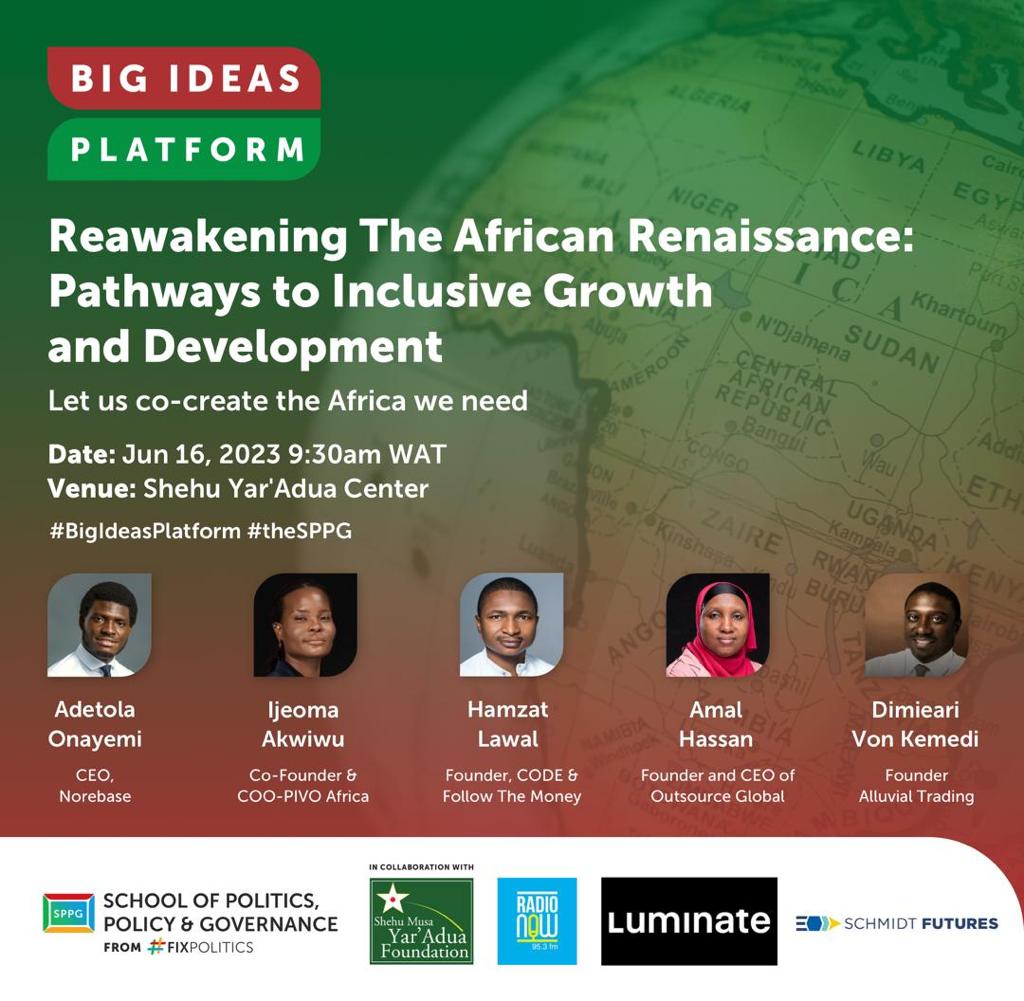
[Abuja, 7th June] – African citizens are continuously generating groundbreaking ideas across various sectors, offering fresh and profound perspectives on the challenges faced by over 1.3 billion Africans. To ensure these ideas are heard, reflected upon, and have the potential for implementation, advocates, policymakers, business leaders, and citizens must come together to amplify their power of imagination and ingenuity.
The Big Ideas Platform, an innovative thought leadership initiative by the unconventional School of Politics, Policy, and Governance, aims to showcase individuals who have dared to dream. It seeks to shed light on bold ideas that have the potential to enhance the quality of life for African communities. By providing a platform for these visionaries, the Big Ideas Platform aims to foster dialogue, collaboration, and action towards meaningful change.
We are excited to announce the maiden edition of the Big Ideas Platform, where we will address the theme: "Re-awakening the African Renaissance; Creating Pathways to Inclusive Growth and Development." This groundbreaking event will take place on June 16, 2023, at the prestigious Shehu Musa Yar'Adua Center in Abuja.
The Big Ideas Platform brings together a diverse group of forward-thinkers, influencers, and change-makers who are passionate about shaping Africa's future. By providing a platform to amplify their voices, this event will encourage meaningful conversations, facilitate knowledge sharing, and foster collaborations that have the potential to drive inclusive growth and development across the continent.
During the event, attendees will have the opportunity to engage with a distinguished panel of experts and thought leaders who will share their insights and experiences in addressing the critical challenges facing African communities. Through thought-provoking discussions, keynote speeches, and interactive sessions, participants will gain valuable knowledge and inspiration to drive positive change in their respective fields.
The Big Ideas Platform invites individuals from all walks of life to be part of this transformative event. Whether you are a seasoned policymaker, a budding entrepreneur, an academic, or a passionate advocate for change, your participation is crucial in shaping the future of Africa. We encourage you to register for the event using the link below, indicating whether you prefer physical attendance at the Shehu Musa Yar'Adua Center or virtual participation from the comfort of your location.
About the Big Ideas Platform: The Big Ideas Platform is a thought leadership initiative developed by the School of Politics, Policy, and Governance. With a focus on empowering African innovators and amplifying their voices, this platform aims to promote dialogue, collaboration, and action to address the pressing challenges faced by African communities. By highlighting transformative ideas, the Big Ideas Platform strives to facilitate inclusive growth, development, and the realization of the African Renaissance.



